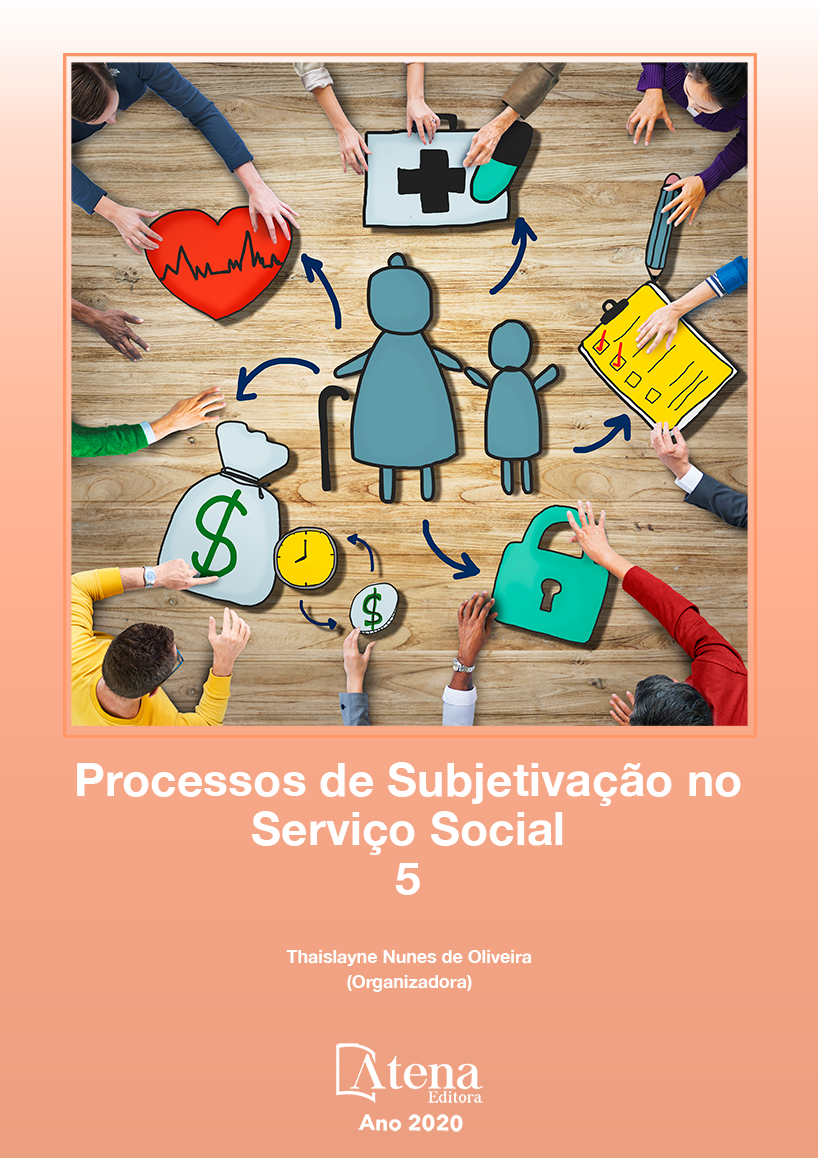
CONSIDERAÇÕES ACERCA DO ESTADO DE MISERABILIDADE NA APLICAÇÃO DO BENEFÍCIO ASSISTENCIAL ÀS PESSOAS COM DEFICIÊNCIA
A Constituição Federal de 1988 inaugurou a Política de Seguridade Social, elevando a assistência social à categoria de direito fundamental, com a criação do chamado benefício de assistência social, a fim de assegurar a garantia de subsistência às pessoas com deficiência necessitadas e em estado de miserabilidade, reflexo do princípio da dignidade humana. A Assistência Social garante o mínimo existencial, mesmo àquelas pessoas que não contribuíram para a Previdência Social. Com a publicação da Lei Orgânica da Assistência Social, a assistência social se tornou uma política pública de seguridade social, montando o tripé de Políticas Sociais: Saúde, Previdência Social e Assistência Social - direitos dos cidadãos e dever do Estado. Os direitos fundamentais surgiram para assegurar às pessoas a possibilidade de ter uma vida digna, livre e igualitária, e é neste ponto que se justifica o presente trabalho, cujo objetivo é verificar a devida aplicação das normas e princípios constitucionais para concreção dos direitos como parâmetro na aplicação do benefício assistencial no caso dos portadores de deficiência. Para o desenvolvimento do trabalho utilizou-se do método dedutivo, mediante a pesquisa bibliográfica com consulta à legislação constitucional e infraconstitucional, jurisprudência, livros e artigos científicos. Concluiu-se que a pretensão gravita o rol constitucional de direitos e garantias fundamentais e sociais, precisamente como reflexo do direito à vida e à dignidade da pessoa humana. Nem sempre estes sujeitos são contemplados juridicamente, mesmo com respaldo constitucional e jurisprudencial, verificando-se que o requisito miserabilidade, mesmo tendo seu conceito ampliado, não atinge os parâmetros referentes à dignidade da pessoa humana. Portanto, a aplicação deste benefício exige a tomada de medidas efetivas para sua garantia e eficácia, analisando-se o conjunto dos fatores indicativos ao estado de miserabilidade e não fatores em apartado, a fim de se garantir os direitos e garantias fundamentais.
CONSIDERAÇÕES ACERCA DO ESTADO DE MISERABILIDADE NA APLICAÇÃO DO BENEFÍCIO ASSISTENCIAL ÀS PESSOAS COM DEFICIÊNCIA
-
DOI: 10.22533/at.ed.30220290718
-
Palavras-chave: Benefício de Prestação Continuada. Seguridade Social. Assistência Social. Previdência Social. Pessoas com deficiência.
-
Keywords: Continuous Benefit Benefit. Social Security. Social assistance. Social Security. Disabled people.
-
Abstract:
The Federal Constitution of 1988 inaugurated the Social Security Policy, elevating social assistance to the category of fundamental right, with the creation of the so-called social assistance benefit, in order to ensure the guarantee of subsistence to people with disabilities in need and in a state of poverty, a reflection of the principle of human dignity. Social Assistance guarantees the existential minimum, even for those people who have not contributed to Social Security. With the publication of the Organic Law on Social Assistance, social assistance became a public social security policy, setting up the tripod of Social Policies: Health, Social Security and Social Assistance - citizens' rights and the duty of the State. Fundamental rights arose to ensure that people have the possibility of having a dignified, free and equal life, and this is the point in which this work is justified, whose objective is to verify the proper application of constitutional rules and principles for the concretization of rights as a parameter in application of the assistance benefit in the case of the disabled. For the development of the work, the deductive method was used, through bibliographic research with consultation of constitutional and infra-constitutional legislation, jurisprudence, books and scientific articles. It was concluded that the claim gravitates the constitutional list of fundamental and social rights and guarantees, precisely as a reflection of the right to life and the dignity of the human person. These subjects are not always legally contemplated, even with constitutional and jurisprudential support, verifying that the requirement of miserability, even with its expanded concept, does not reach the parameters related to the dignity of the human person. Therefore, the application of this benefit requires the taking of effective measures for its guarantee and effectiveness, analyzing the set of factors indicative of the state of poverty and not factors in the section, in order to guarantee the fundamental rights and guarantees.
-
Número de páginas: 14
- Paula Martins da Silva Costa
- Juliana Castro Torres


